The Best Foods for Eye Health
Your eyes require essential nutrients, vitamins, and minerals to function at their best. A well-balanced diet can help prevent eye diseases, maintain clear vision, and reduce eye strain. If you want to support your eye health through nutrition, here are some of the best foods to incorporate into your diet.
Leafy Greens
Vegetables like spinach, kale, and collard greens are rich in lutein and zeaxanthin, two powerful antioxidants that help protect against age-related macular degeneration (AMD) and cataracts. These nutrients help filter harmful blue light and reduce oxidative stress on the retina.
Recent studies also suggest that consuming zeaxanthin can enhance visual performance by improving contrast sensitivity and glare recovery—which is particularly beneficial for night vision.
Fatty Fish
Salmon, tuna, trout, mackerel, sardines, anchovies, and herring are excellent sources of omega-3 fatty acids, including DHA and EPA. These essential fatty acids help:
- Protect the retina from damage
- Reduce dry eye symptoms
- Lower the risk of glaucoma and AMD
If you don’t eat fish regularly, you may consider omega-3 supplements like fish oil or algae-based DHA capsules.
Fruits and Vegetables
Fruits and vegetables, especially those high in vitamin C, play a crucial role in eye health and UV protection. Some of the best options include:
- Papayas, red bell peppers, kiwis, strawberries, oranges, grapefruits, and lemons—all rich in vitamin C, a powerful antioxidant that helps protect your eyes from UV-related damage and oxidative stress.
- Carrots, sweet potatoes, and squash—loaded with beta-carotene, which helps maintain healthy corneas and night vision.
- Pumpkin and other orange-colored vegetables—which contain lutein, an antioxidant that helps protect the eyes from sun damage and blue light exposure.
Legumes and Whole Grains
Chickpeas, lentils, and black beans are high in zinc, a critical mineral for eye health. Zinc plays a key role in:
- Producing melanin, which protects your eyes from UV rays
- Aiding vitamin A absorption, which supports night vision and reduces the risk of night blindness
- Slowing AMD progression, according to studies from the National Eye Institute
Eggs
Eggs are a nutrient powerhouse for eye health. They contain:
- Lutein and zeaxanthin, which help reduce blue light exposure damage
- Vitamin C and vitamin A, essential for preventing dry eyes and corneal damage
- Zinc, which supports retinal function and reduces the risk of AMD
- Healthy fats, which help increase nutrient absorption, making it easier for your body to utilize these eye-protecting compounds
Nuts and Seeds
Almonds, sunflower seeds, flaxseeds, and walnuts provide a great source of vitamin E and omega-3 fatty acids, which:
- Reduce inflammation in the eyes
- Lower the risk of glaucoma and AMD
- Protect the eyes from oxidative stress and UV exposure
Lean Meats and Poultry
Turkey meat is packed with protein, zinc, and niacin, which are essential for:
- Reducing the risk of cataracts
- Supporting tissue repair and eye cell function
- Preventing night vision problems
The Importance of Hydration
Drinking enough water is essential for keeping your eyes lubricated and reducing symptoms of dry eye syndrome. Dehydration can cause red, irritated eyes and blurry vision, so be sure to drink enough fluids throughout the day.
Prioritize Your Eye Health with Regular Checkups
While a nutritious diet is an excellent way to support eye health, regular eye exams are just as important in detecting vision problems early.
At Optometrists’ Clinic Inc., we offer comprehensive eye exams to assess your vision and screen for conditions like glaucoma, cataracts, and macular degeneration.
Serving Edmonton, Leduc, and Westlock
Contact us today to schedule an appointment and take proactive steps toward better eye health.


